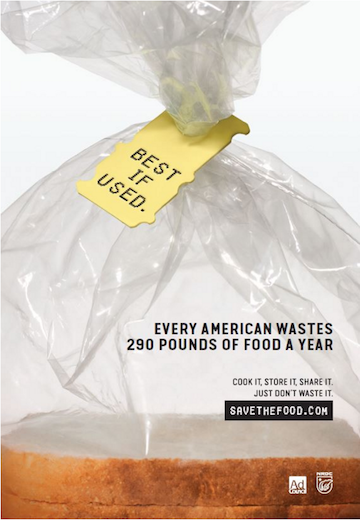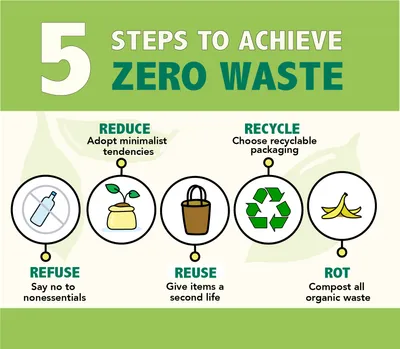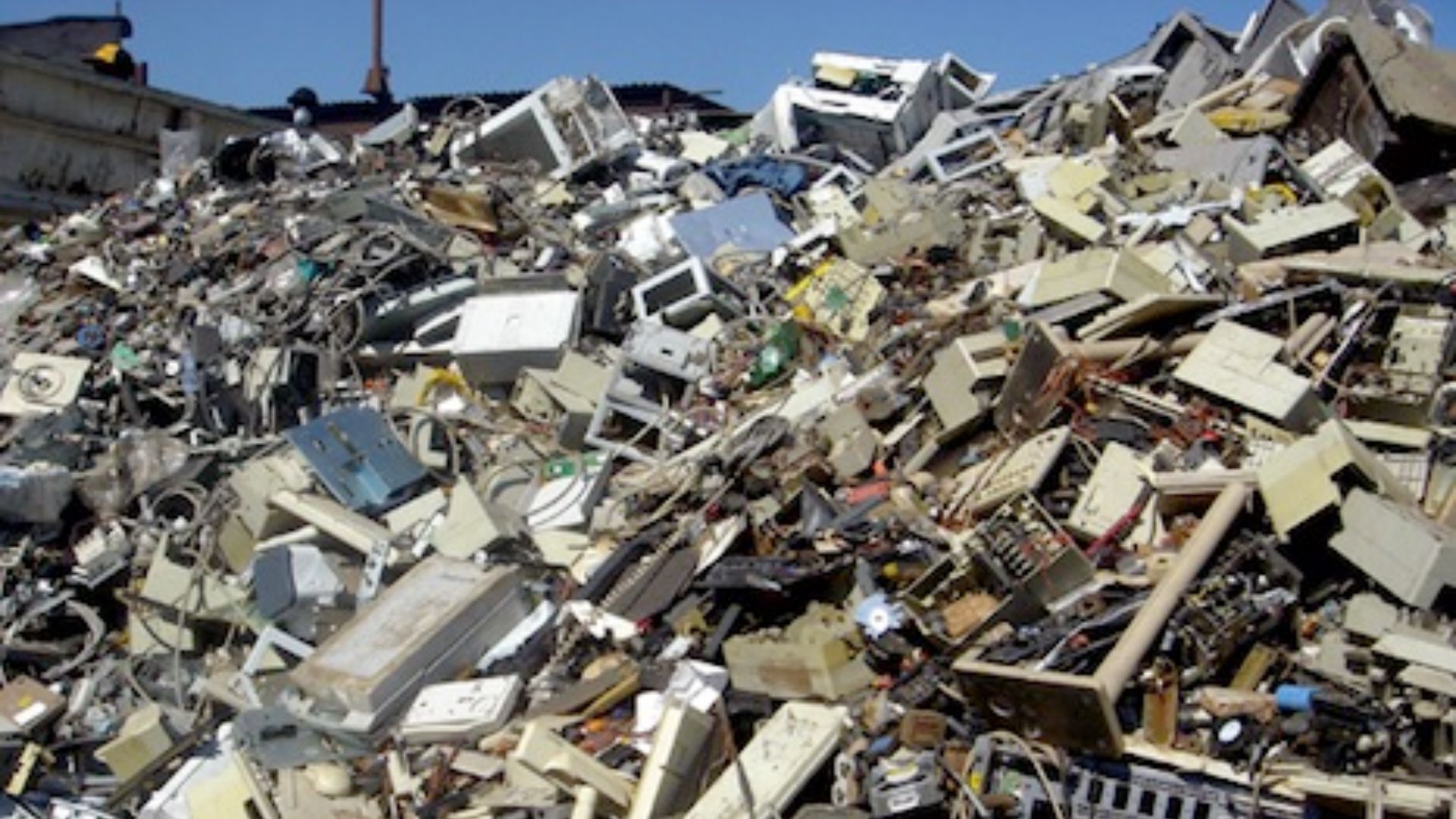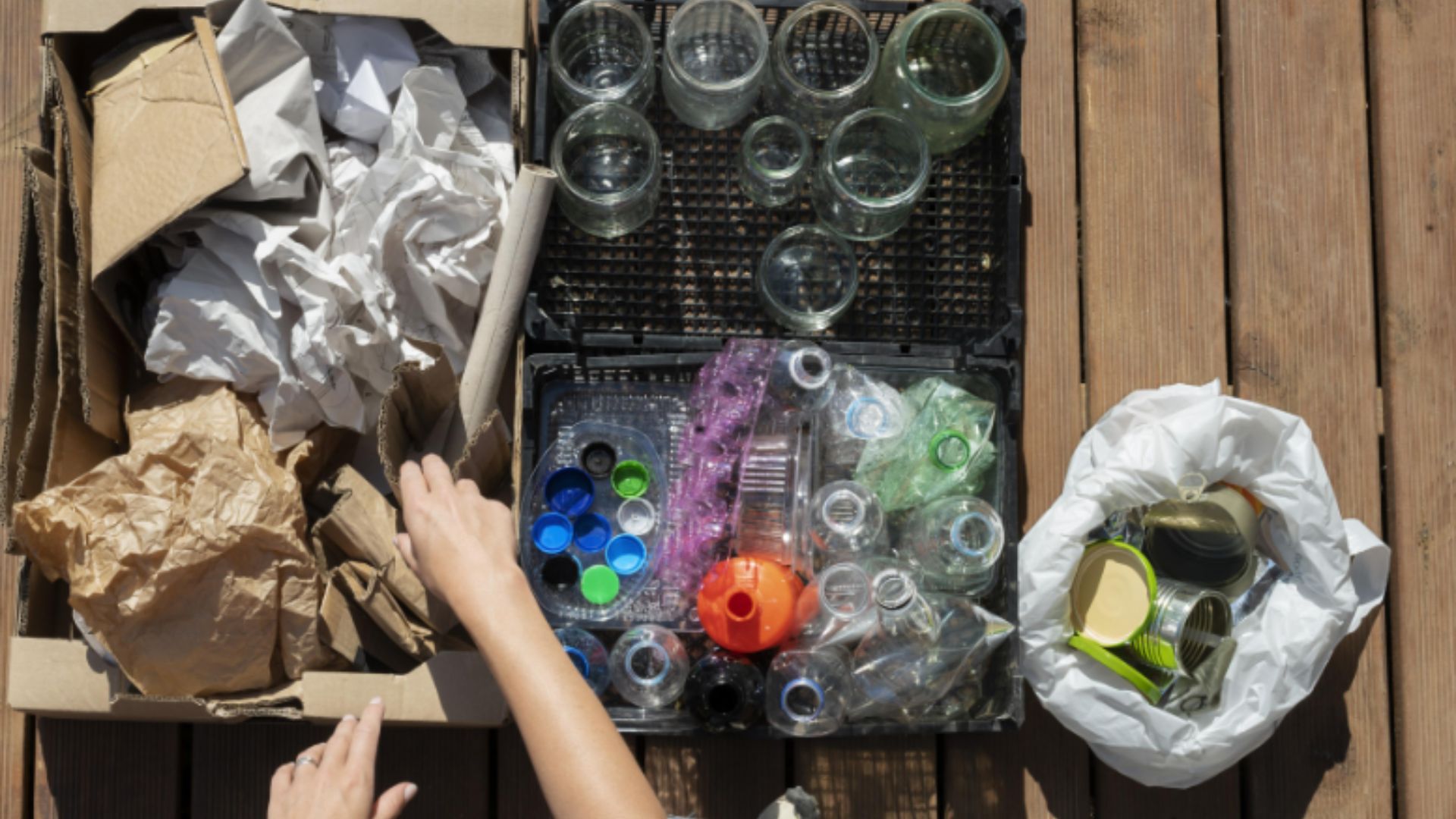In the global pursuit of sustainable living, consumer awareness and education emerge as powerful catalysts for waste reduction. Understanding the impact of individual choices and adopting eco-conscious practices are essential steps toward a greener and more responsible future.

Understanding the Waste Landscape: A Foundation for Change
Consumer awareness begins with understanding the complex landscape of waste. Individuals need to recognize the different types of waste they generate daily, from single-use plastics to electronic waste. By comprehending the environmental repercussions of each waste category, consumers can make informed decisions that align with the broader goal of waste reduction.
The Journey of a Product: Unveiling the Life Cycle Perspective
Educating consumers about the life cycle of products is pivotal in fostering a holistic approach to waste reduction. From raw material extraction to manufacturing, transportation, usage, and disposal, every stage contributes to the overall environmental impact. Awareness of this journey empowers consumers to choose products with minimal ecological footprints, promoting a circular economy and reducing the burden on landfills.
Reducing Single-Use Consumption: A Paradigm Shift
Consumer education plays a crucial role in reshaping perceptions around single-use items. From disposable plastic utensils to shopping bags, understanding the environmental toll of single-use products motivates individuals to seek reusable alternatives. By adopting sustainable practices like using eco-friendly bags and containers, consumers actively participate in reducing the volume of waste entering landfills.
Mindful Purchasing: Quality over Quantity
Encouraging consumers to prioritize quality over quantity is a key aspect of waste reduction education. By opting for durable and long-lasting products, individuals contribute to a significant decrease in the need for frequent replacements. This shift not only reduces waste generation but also encourages responsible consumption patterns, aligning with the principles of a sustainable and circular economy.
Packaging Awareness: Minimizing the Packaging Footprint
Educating consumers about the environmental impact of excessive packaging is crucial. Excessive packaging contributes significantly to the global waste crisis. By choosing products with minimal and eco-friendly packaging, consumers actively participate in reducing unnecessary waste. Moreover, awareness campaigns can inspire individuals to support businesses that embrace sustainable packaging practices, creating a demand for responsible packaging solutions.
Embracing the Three Rs: Reduce, Reuse, Recycle
In addition, consumer education centers around promoting the mantra of “Reduce, Reuse, Recycle.” Understanding the significance of reducing consumption, reusing items whenever possible, and properly recycling materials contributes to a more sustainable lifestyle. Thus, consumers armed with this knowledge become agents of change, making conscious decisions that align with waste reduction principles.
E-Waste Awareness: Responsible Disposal of Electronics
In the digital age, educating consumers about electronic waste (e-waste) is paramount. Understanding the hazardous components of electronic devices and the importance of proper disposal channels empowers individuals to make responsible choices when it comes to upgrading or disposing of electronic gadgets. Therefore, E-waste awareness campaigns encourage recycling and discourage the harmful practice of dumping electronics in landfills.
Community Engagement: Strength in Numbers
Furthermore, consumer education extends beyond individual actions to community engagement. Collaborative efforts amplify the impact of waste reduction initiatives. Hence, community workshops, events, and awareness campaigns foster a shared commitment to sustainable practices. As consumers engage with neighbors and friends, a ripple effect occurs, creating a culture of waste-conscious living within communities.
Government Initiatives: Consumer Advocacy for Policy Change
Moreover, consumer awareness can drive advocacy for government policies that support waste reduction. Informed consumers become vocal advocates for regulations promoting sustainable practices, influencing policymakers to implement and enforce measures such as plastic bans, extended producer responsibility (EPR), and incentives for businesses adopting eco-friendly practices.
Lifelong Learning: Sustainable Habits for Future Generations
A continuous commitment to consumer education ensures that sustainable habits are instilled in future generations. Integrating waste reduction into school curricula and promoting lifelong learning through workshops and online resources cultivates a sense of environmental responsibility from an early age. Therefore, as knowledge evolves, so does the ability to adapt and implement new, more sustainable practices.
Conclusion
In conclusion, consumer awareness and education stand at the forefront of a revolution in waste reduction. As individuals understand the environmental impact of their choices and embrace sustainable practices, they become powerful agents of change, collectively steering society toward a more responsible and eco-friendly future.



